Talent Management is an essential business strategy for acquiring, developing, and retaining skilled employees. It helps organizations optimize their workforce and meet long-term business goals effectively.
In today's competitive environment, leveraging Talent Management solutions can transform how a business manages its workforce. These solutions assist in key HR functions such as recruitment, performance management, and succession planning. Organizations use these systems to improve employee engagement and productivity, ensuring they align with the company's strategic objectives. They also offer insights into workforce analytics, helping companies make informed decisions based on data-driven analysis.
What features define effective Talent Management solutions?In industries like technology and healthcare, Talent Management solutions help businesses address specific sector needs. For example, in technology, there is a strong focus on creating a talent pipeline for tech-savvy roles, whereas healthcare emphasizes continuing education to comply with industry standards.
By integrating Talent Management solutions, organizations can effectively utilize their human capital to achieve better business outcomes, ensuring a more organized and engaged workforce.

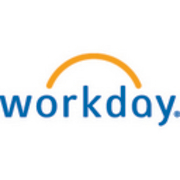







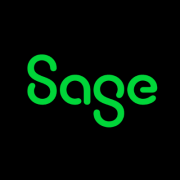


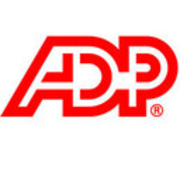



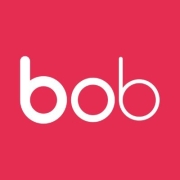








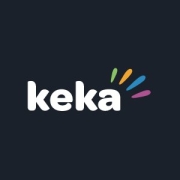
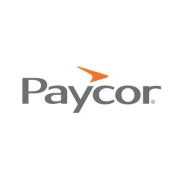

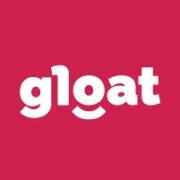

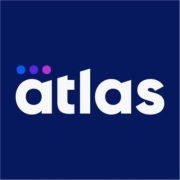
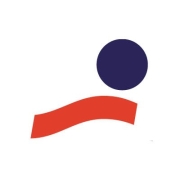


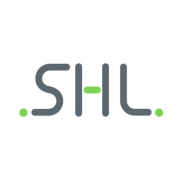

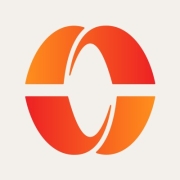







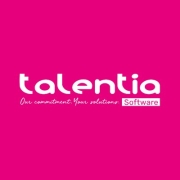



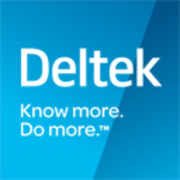



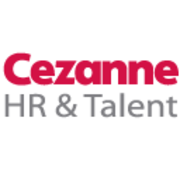


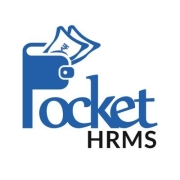

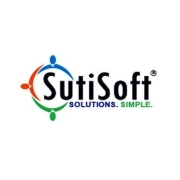
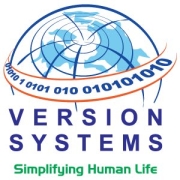
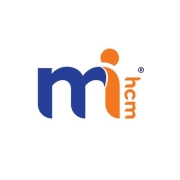

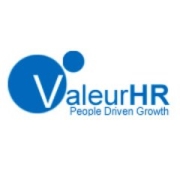
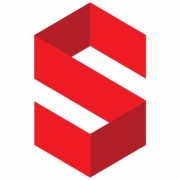













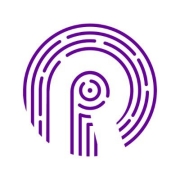






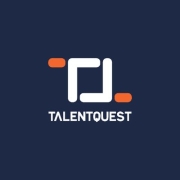


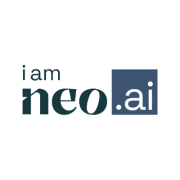


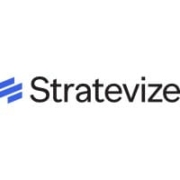









Organizations are increasingly leveraging new technologies to transform the talent management process. These technologies are important in talent management because they can improve HR practices, enhance the employee experience, improve diversity in the workplace, help retain and attract employees, increase staff engagement, boost productivity, and more. The adoption of the right technology and analytical tools is crucial because it will allow your organization to measure the effectiveness, efficiency, and impact of HR processes and activities, help you forecast the outcome of the HR processes, and see business results.
A talent management framework includes a strategic plan and the tools necessary for a talent management process to achieve business needs and success. The idea of a talent management framework is to help ensure you have a strategy in place to boost employee performance, increase efficiency levels, and improve retention rates.
The 9 box talent matrix is a tool used by HR administrators to measure employee performance and to also identify employees who have leadership potential. It is helpful in highlighting where to invest in training and mentorship. The 9 box talent matrix is made up of nine boxes set up in a three-by-three matrix with the horizontal axis indicating performance and the vertical axis indicating potential from low to moderate to high.
Talent management focuses on an employee’s complete journey, from recruiting to onboarding, training, upskilling, and more. Performance management is one part of talent management, and refers to assessing employee performance based on metrics and feedback. Performance management is used to engage employees and increase productivity, as well as to accomplish organizational goals.
A Talent Management system can significantly enhance employee retention by facilitating continuous learning and career development. It enables you to identify skill gaps and provide tailored training programs that align with each employee's career goals. Recognizing and developing talent fosters a sense of belonging and motivates employees to remain with the company. Additionally, these systems often include performance management tools that help in setting clear expectations and providing regular feedback, which are crucial for employee satisfaction and long-term retention.
What are the key features to look for in a Talent Management solution?When evaluating Talent Management solutions, consider features such as integrated learning management, comprehensive performance evaluation, and easy-to-use recruitment tools. An effective system should offer analytics for insights into workforce capabilities and streamlined onboarding processes. Scalability and integration with existing systems are also essential to ensure the solution grows with your organizational needs. Moreover, a user-friendly interface can greatly enhance employee and manager engagement with the system.
How can Talent Management solutions support diversity and inclusion initiatives?Talent Management solutions can support diversity and inclusion by providing metrics and analytics to track diverse hiring goals and inclusive workplace practices. These systems can help eliminate bias in recruitment processes through standardized candidate assessments. By offering training modules focused on diversity awareness and cultural competence, they contribute to creating an equitable work environment. Additionally, by mapping career paths without bias, they ensure equal growth opportunities for all employees.
How do Talent Management systems facilitate succession planning?Talent Management systems aid in succession planning by identifying high-potential employees early on and aligning their development paths with future leadership roles. Through performance tracking and skills assessments, these systems help you create a talent pipeline that ensures business continuity. By regularly reviewing your talent pool, you can make informed decisions about promotions and role transitions, reducing the risk of talent shortages at critical times. The system's data-driven insights are invaluable for predicting future talent needs effectively.
Why should small businesses invest in Talent Management software?Small businesses can greatly benefit from Talent Management software by streamlining HR processes and enhancing employee engagement. These solutions offer scalable features that grow with your business, ensuring cost-effectiveness. By automating routine tasks like payroll and attendance, managers can focus on strategic initiatives and employee development. The software also provides valuable data insights that help small businesses make informed decisions, leading to improved productivity and competitive advantage in their markets.